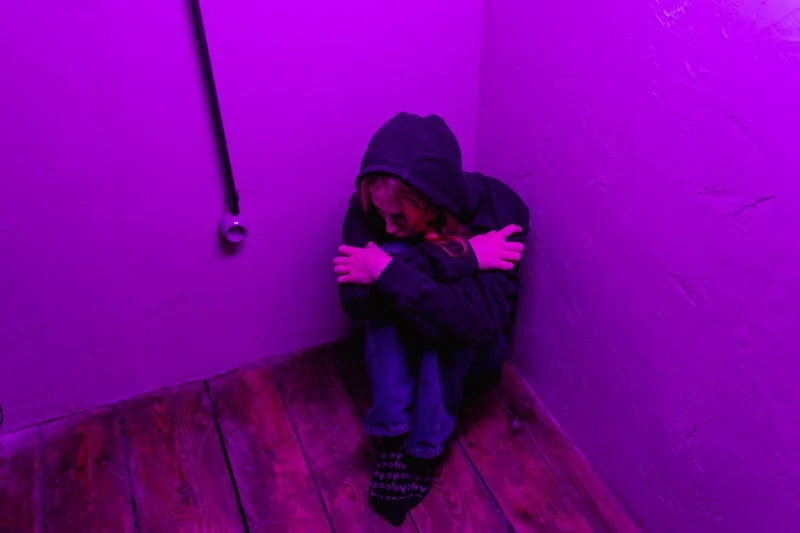
Self Harm
As parents we find the idea of someone hurting our son or daughter quite unbearable, let alone if they self harm. If we were to discover that someone had hurt them, we would without doubt be extremely angry and upset.
Our reaction would almost certainly be driven by our desire to protect them from future harm. But what happens when you discover that the person harming them is themselves?
Finding out
It is a huge shock to find out your child is self-harming and the conflicting emotions that parents experience can leave you confused and feeling helpless. Parents find it hard to understand and are often at a loss as to what to do when they find out that their child is deliberately harming themselves.
Truth Hurts(1) describes self-harm as “a wide range of things that people do to themselves in a deliberate and usually hidden way, which are damaging”. Cutting is the most common but there are also many other ways that someone can self-harm including burning, banging their head against a wall, hitting and thumping, hair-pulling, inserting objects inside themselves, and poisoning, usually with medicines.
Self-harm is most common in young people between the ages of 11 and 18, with the average age of starting being 12. It is generally believed that self-harm amongst young people is on the increase.
Research has shown that over 40% of people think that young people who self-harm are attention-seeking and one in three people think it is a form of emotional manipulation. This is backed up by the reported experiences of young people themselves, who over and over again say that when they asked for help they received hostile and negative responses (2).
Emotional Distress
It is important for parents to understand that self-harm is a symptom of emotional distress of some kind. It is a way of dealing with overwhelming and painful feelings and young people talk about how it helps them to cope with living.
As single parents we often feel a greater sense of responsibility about how our children behave than other parents and an increased tendency to blame ourselves when problems arise. However, what leads a young person to self-harm is complex and it is vital that they have our support.
People who self-harm need someone to listen and to not judge them. The secrecy of self-harming can become such a burden that to simply open up to someone else can be an enormous relief. Then to know that they haven’t been judged or blamed can motivate them to start taking steps to get help and support.
Sources
- Truth Hurts: Report of the National Inquiry into Self Harm among Young People, Mental Health Foundation 2006.
- www.selfharm.co.uk UK based site
Useful links:
- The Royal College of Psychologists Further information on self harm.
- Life signs A survivor-led organisation offering guidance for family, friends and loved ones who self harm.
- Harmless A user led organisation that provides a range of services about self harm including support, information, training and consultancy to people who self harm, their friends and families and professionals.

